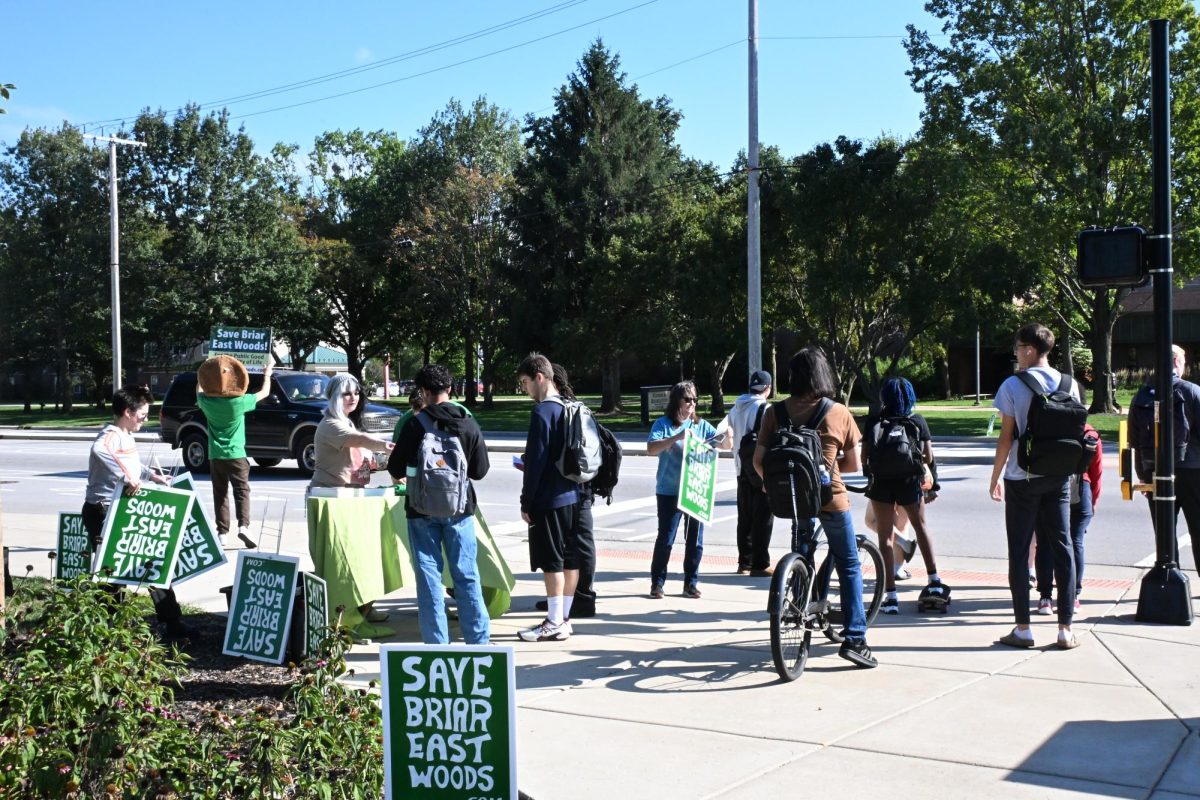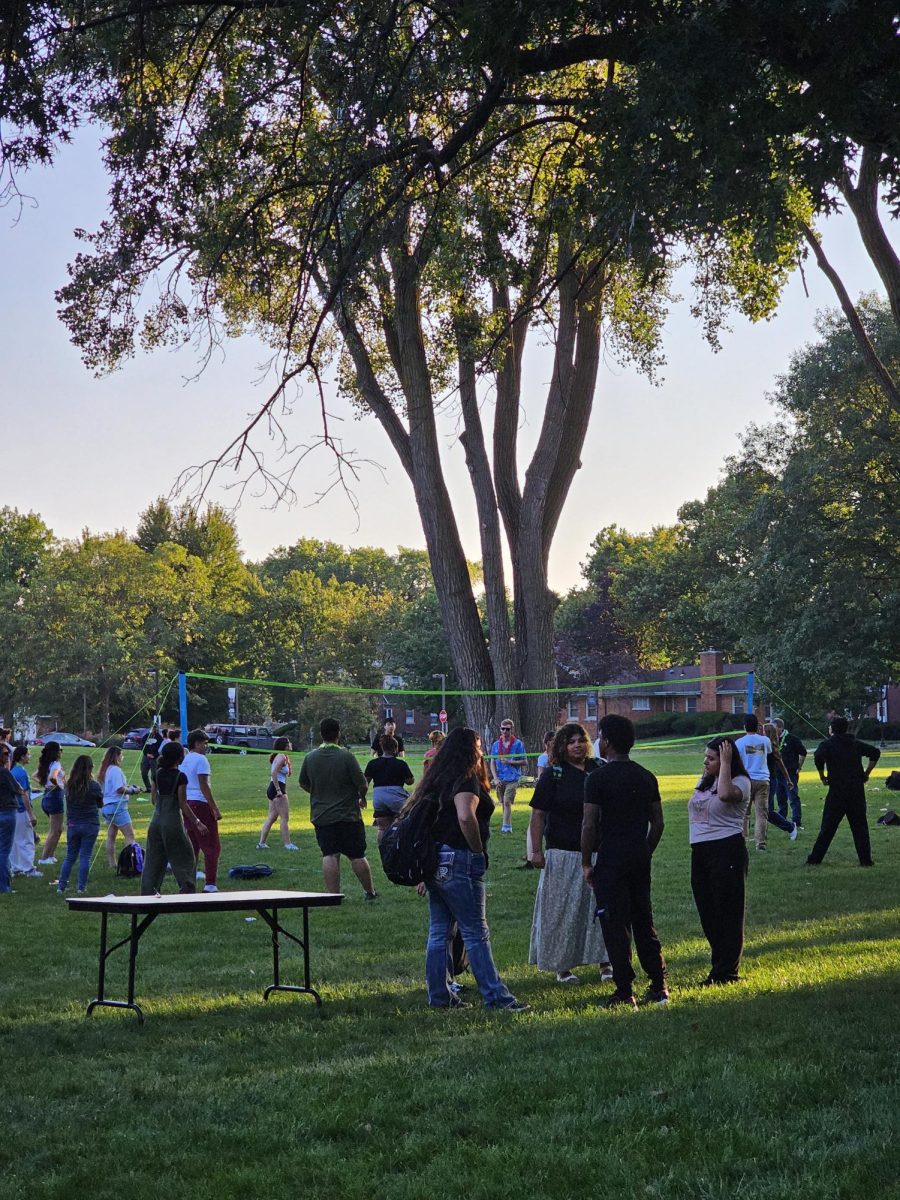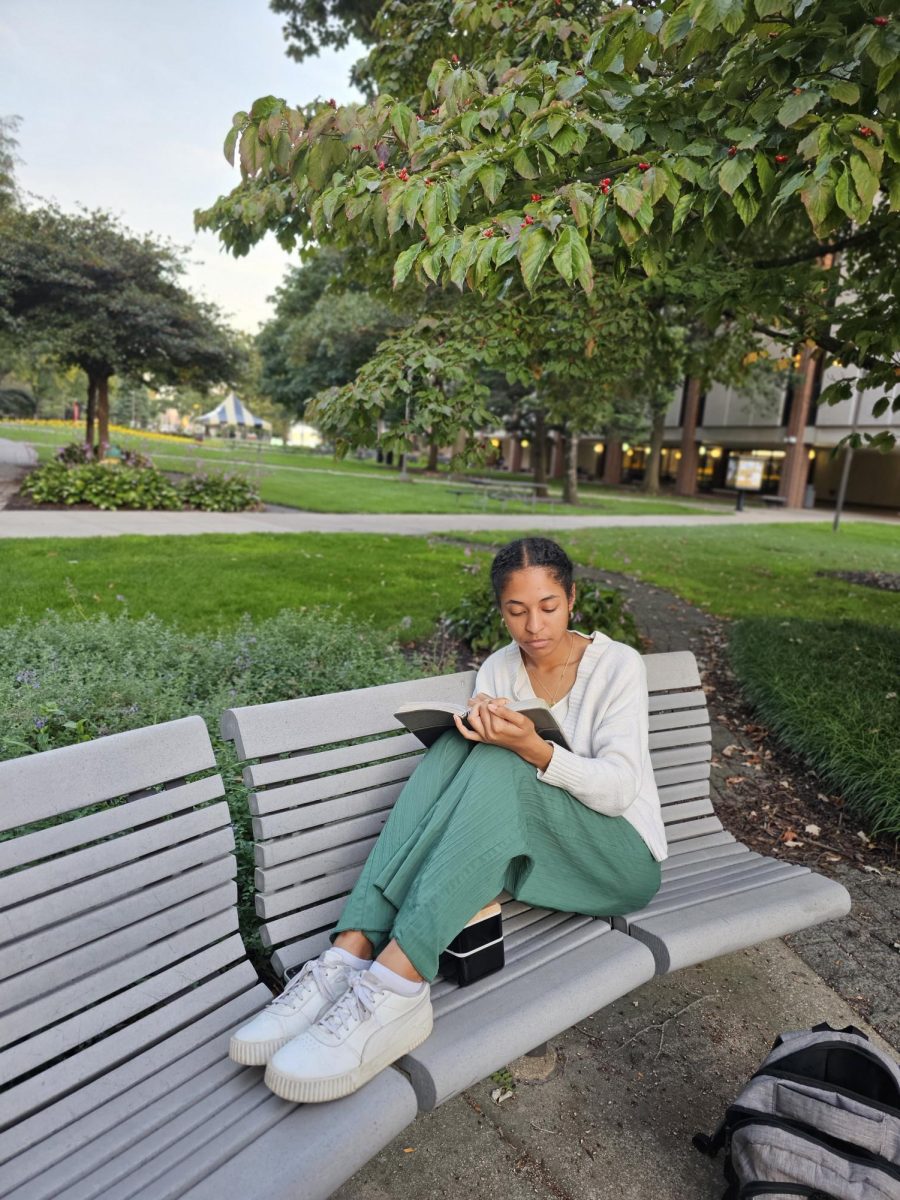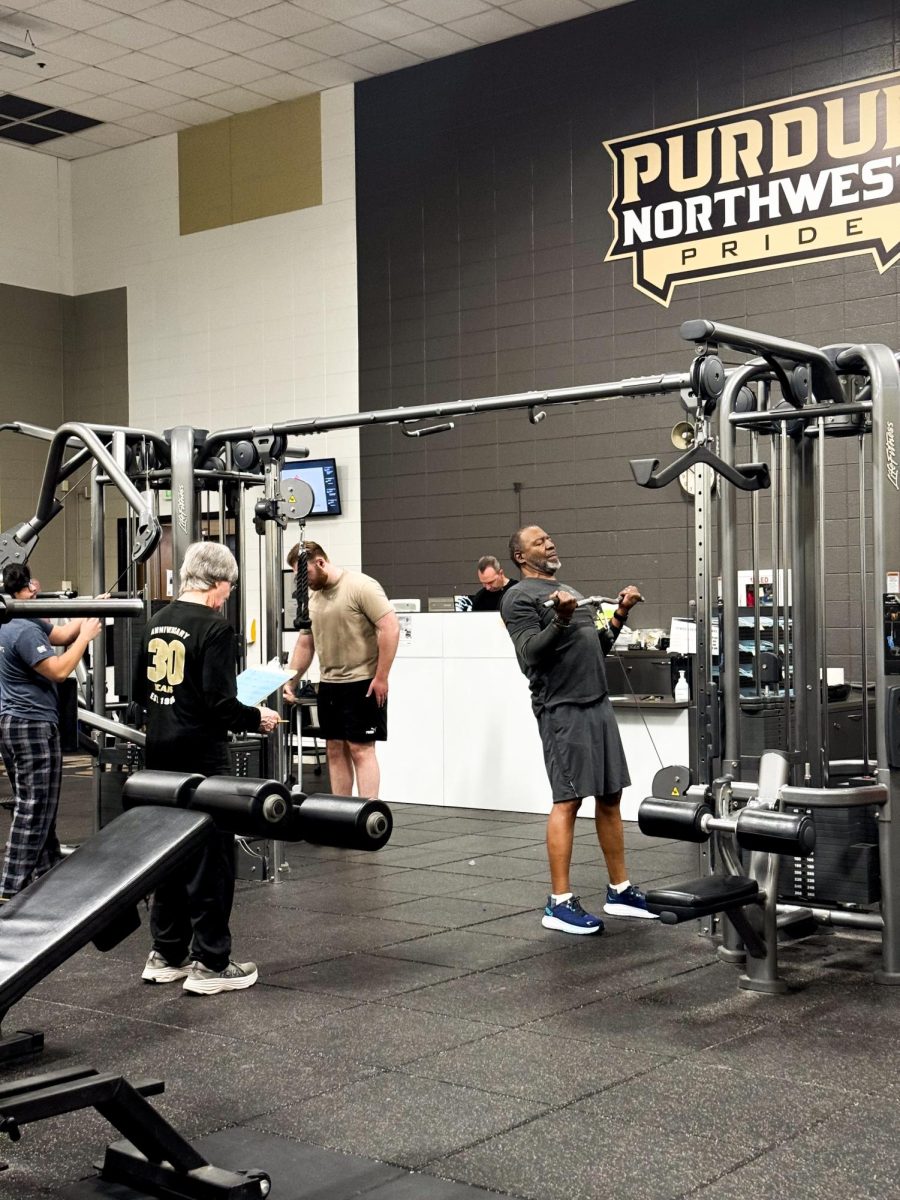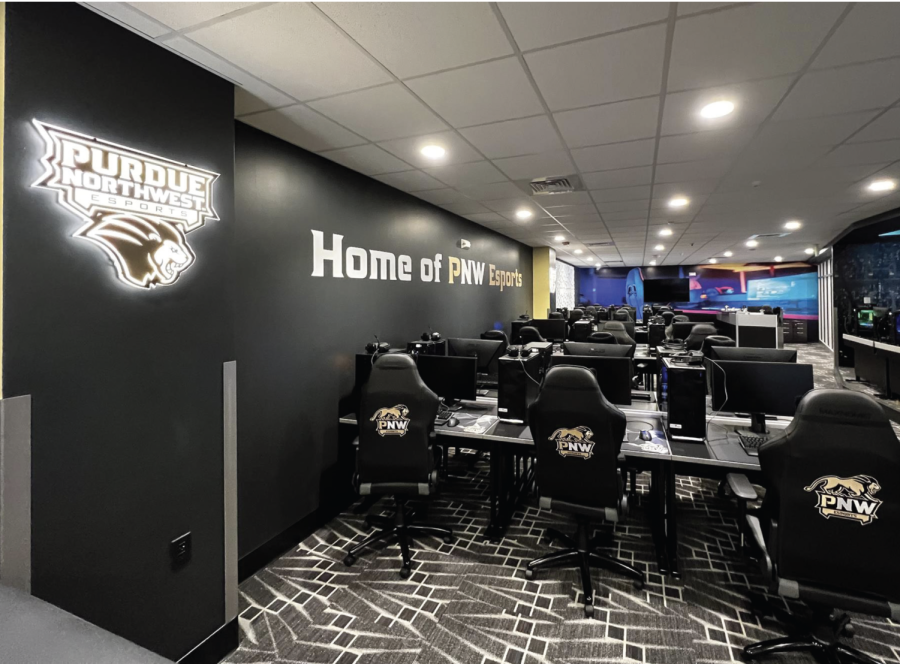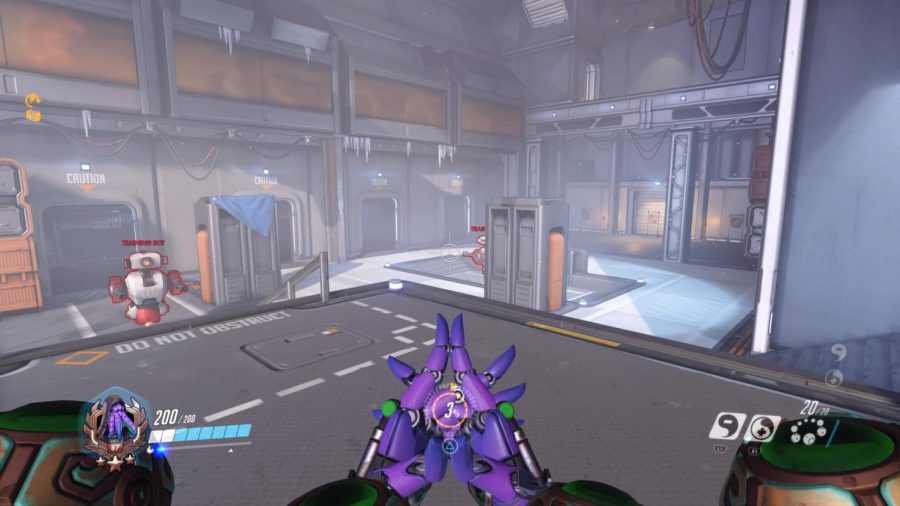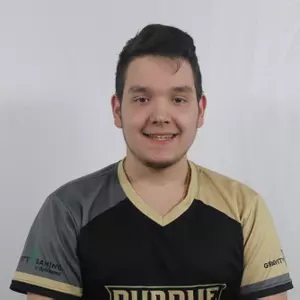Though some students spend a lot of time at the university’s eSports Arenas, most insist it doesn’t distract them from school.
“I put most of my time in school,” said Andrew McDowell, a junior in Computer Science. “School will always be my priority.”
Brandon Batara, a fellow junior in Computer Science, adamantly agrees.
“School should always come first,” he said.
The school’s eSports Arenas in Hammond and Westville have become popular hangouts since they opened in 2022. Originally built for the university’s eSports team competitions, the arenas are also available to students.
“Regular students … are restricted to 4 p.m. because after that the room is reserved for varsity players for a practice facility,” said Justin Bragg eSports coach.
They can remain at the facility until the building closes.
Honor Society, a Washington, D.C.-based group committed to student success, reported this year that extracurricular activities “contribute significantly to personal development, fostering essential life skills and enhancing students’ overall well-being.” The group encouraged institutions to promote a healthy balance.
Many students visit the eSports Arenas in search of that balance.
“We see a lot of regular students coming in to use the room. I’d say about 60% of the room is usually regular students playing games on the computers,” said Bragg. “For the most part it is a positive in their lives because it gives them something to look forward to after class and they need good grades to participate.”
Meanwhile, for eSport team members, the arenas are second homes. They practice up to 15 hours a week. Rocket League players practice three or four days a week, and a normal practice can run two to three hours.
“You essentially have to make practices your whole free time just like any other student athlete,” said McDowell, who is on the school team. “You cannot watch TV or go out. You play video games, do your homework and go to sleep.”
Batara said he understands the time commitment because he was on the team previously but stepped away for school.
“When I was on the team, I played an hour and a half to two hours per day for practices,” he said. “Sometimes there would be days when I wanted to be better and [help] make the team successful and that led me to play a little more than I should have.”
Since he left the team, the arenas have taken on a whole new meaning.
“The benefit to being here is that you do not get lonely,” he said. “There are always people to talk to and hangout with.”


